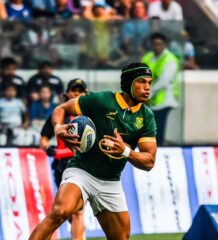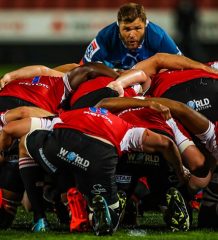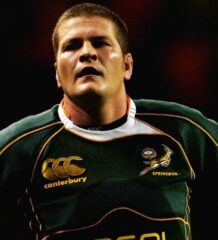What are the physiological demands of elite rugby?
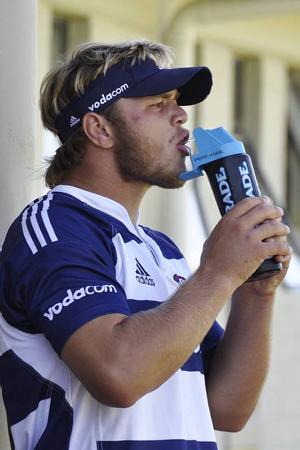
Duane Vermeulen, Stormers Loose Forward
The Vodacom Super 14 competition puts elite rugby players through one of the toughest tests in the game – with up to 15 maximum efforts over 16 weeks, often across 10 time-zones against teams wishing to displace the Vodacom Bulls as the newest Super Rugby champions. But exactly what is the physiological challenge faced by players in any given match?
Recent developments in technology have allowed the physiological demands of the game to be accurately quantified using GPS devices, giving us information on distance covered, running speed, heart rate, intensity of player impacts (g-force), and energy expended during matches.
These studies have shown the following:
– A backline player will experience about 120 ‘impacts’ per match – an impact is any involvement in a tackle, ruck/maul, or collision with the ground. Not surprisingly, forwards are involved in more impacts than backline players, with about 300 per match. Of these, 70 have a g-force greater than 8g, and the majority of impacts, somewhat surprisingly, come in the second half (65% compared to 35%).
– In terms of running, backline players can expect to cover between 7 and 7.5 km a match, while forwards cover between 5 and 7km, depending on their playing position (loose forwards covering the most distance). About 70% of the match is spent standing or walking, 25% is spent jogging, and 5% running at sprinting speeds. This means that for every second spent running, players will rest or move slowly for about 5 seconds.
– However, the real challenge lies in the number of times players have to change speeds, either accelerating or decelerating for short periods. The average ‘sprint’ is 20 metres long, and it happens 30 times a match, while fast jogging for 20m happens 90 times a match. In total, there are shifts in speed approximately 750 times per player per match, or once every 3 to 4 seconds. The challenge in terms of conditioning is to prepare players for this constant shifting of pace and direction.
– Forwards spend more time doing very high intensity exercise, and less time walking or standing than backline players (65% of the match for forwards, compared to 75% for backs). This is explained by the forwards having more ‘static exertion’ periods – scrums, rucking and mauling. The result is that overall, even though backs do more running during a match; they actually do less total work than forwards. For example, in an 80-minute match, a loose forward can expect to burn about 2000 kCal, compared to 1700 kCal for backline players. This is 25% higher than what has been measured for professional soccer players. By way of comparison, a 90kg man running a half-marathon (21km) burns about the same amount of energy as a Super 14 player every weekend!
– Finally, the physiological load is actually greater in the second half of matches. Players run further in the second half, with more accelerations and short sprints, and there are twice as many impacts in the second half. More time is also spent doing high-intensity running and less time walking in the second half of matches, especially for forwards, which says that play is more continuous in the second half. It’s perhaps not surprising then that scorelines often remain tight for 50 minutes before opening up – the last 30 minutes is where the physiology begins to tell!
[Issued by Powerade, official fuel to the Vodacom Super 14 players.]
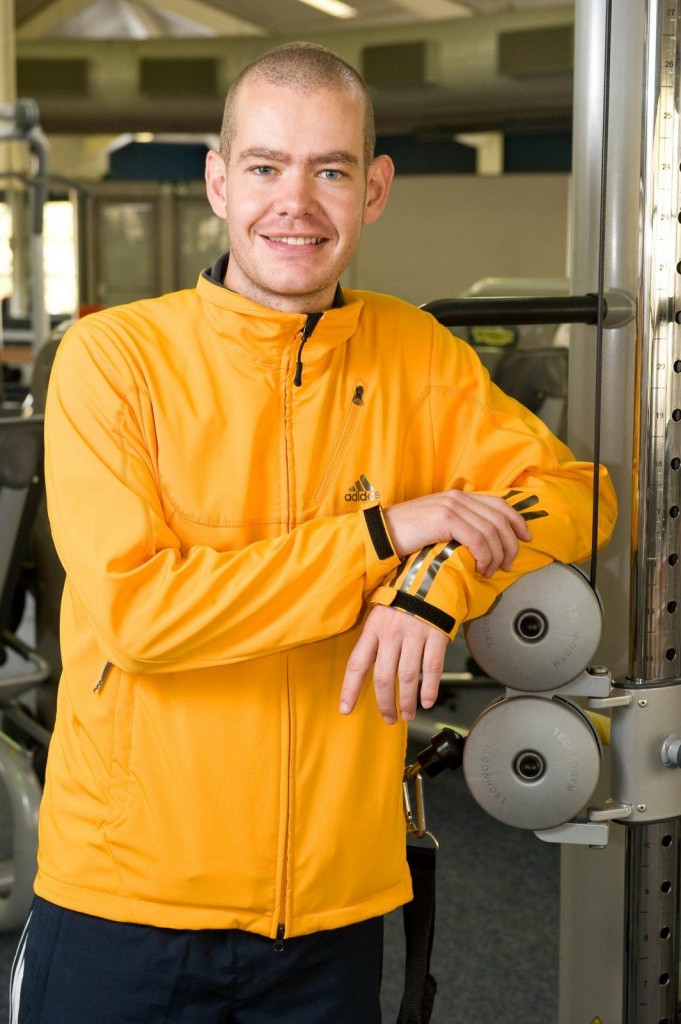
Dr Ross Tucker
Ross Tucker boasts a CV that would have most people twice his age beaming with pride. Having achieved a PhD in Exercise Physiology from the UCT Faculty of Health Sciences, Tucker has already plenty of work published – not least of which saw him commissioned by the Minister of Sport in 2006 to draw up South Africa’s 2020 High Performance plan for Olympic sport. A current member of Paul Treu’s successful SA Sevens management team, Tucker is the ideal sportsperson to pen a column on the scientific side of sport – from performance on the field, to the training and/or rest that comes with it away from the weekly action.
And, thanks to Powerade – the official fuel to the Vodacom Super 14 players – Ross will now be writing a fortnightly column for the duration of the competition. We would like to credit Dr Ross Tucker and Powerade for this contribution.
Related Posts
« Jacque Fourie awarded with Try of the Year 2009 Heinrich Brussow in good spirits despite injury »


